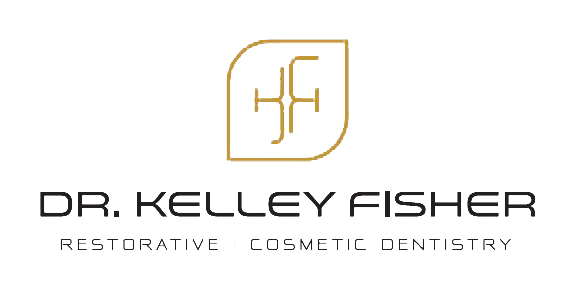Gum Disease and Preterm Labor
Pregnancy is a transformative journey, marked by a rollercoaster of emotions and physical changes. It's a time of joy, anticipation, and careful health management. While expectant mothers are well-versed in monitoring their diet, exercise, and prenatal care, there's one often overlooked aspect that could have a significant impact on both the mother's and baby's health: gum disease.
Gum disease (also known as periodontal disease) is a common condition characterized by inflammation of the gums and potential damage to the tissues surrounding the teeth. What might come as a surprise to many is the growing body of evidence linking gum disease to preterm labor.
The Science Behind the Connection
Researchers have been delving into the potential link between gum disease and preterm labor, and their findings are shedding light on this complex relationship. The oral bacteria associated with gum disease can enter the bloodstream through infected gums, creating an inflammatory response throughout the body. In pregnant women, this inflammation might interfere with the delicate balance needed to maintain a full-term pregnancy.
Inflammatory Response and Hormonal Interplay
During pregnancy, hormonal changes and immune responses are intricately intertwined. When the body's inflammatory response is triggered, it can inadvertently influence the balance of hormones essential for maintaining a healthy pregnancy. Pro-inflammatory molecules can disrupt the normal hormonal regulation of uterine contractions, potentially leading to premature labor.
The Role of Cytokines
Cytokines are signaling molecules that play a crucial role in the immune response. When the body is fighting off infection or inflammation, cytokines are released to regulate the immune system's activity. In the case of gum disease, excessive cytokine release due to the oral infection could spill over into the bloodstream and impact the uterus, potentially triggering contractions and preterm labor.
Prevention and Management
The good news is that maintaining good oral health during pregnancy can significantly reduce the risk of gum disease-related complications. Here are some steps that expectant mothers can take:
Regular Dental Check-ups: Schedule regular dental appointments for cleanings and check-ups. Inform your dentist that you're pregnant so they can tailor their approach to your specific needs.
Proper Oral Hygiene: Brush and floss daily to prevent plaque buildup and gum inflammation.
Balanced Diet: A diet rich in vitamins and minerals is essential for both oral and overall health. Adequate intake of vitamin C and calcium can help support gum health.
Stay Hydrated: Drinking water helps rinse away food particles and reduce bacterial growth in the mouth.
Waterpik: In addition to normal brushing and flossing, the use of a waterpik to clean out the pockets between the teeth and gums is an extra level of keeping your gums clean.
Pregnancy is a time of heightened awareness when every decision can impact the well-being of both mother and child. Recognizing the potential link between gum disease and preterm labor emphasizes the importance of comprehensive health care during pregnancy. By maintaining good oral hygiene and seeking regular dental care, expectant mothers can minimize the risk of gum disease-related complications and work towards a healthier, full-term pregnancy. Remember, a radiant smile can be an indicator of much more than just oral health—it can be a sign of a healthy pregnancy too.


